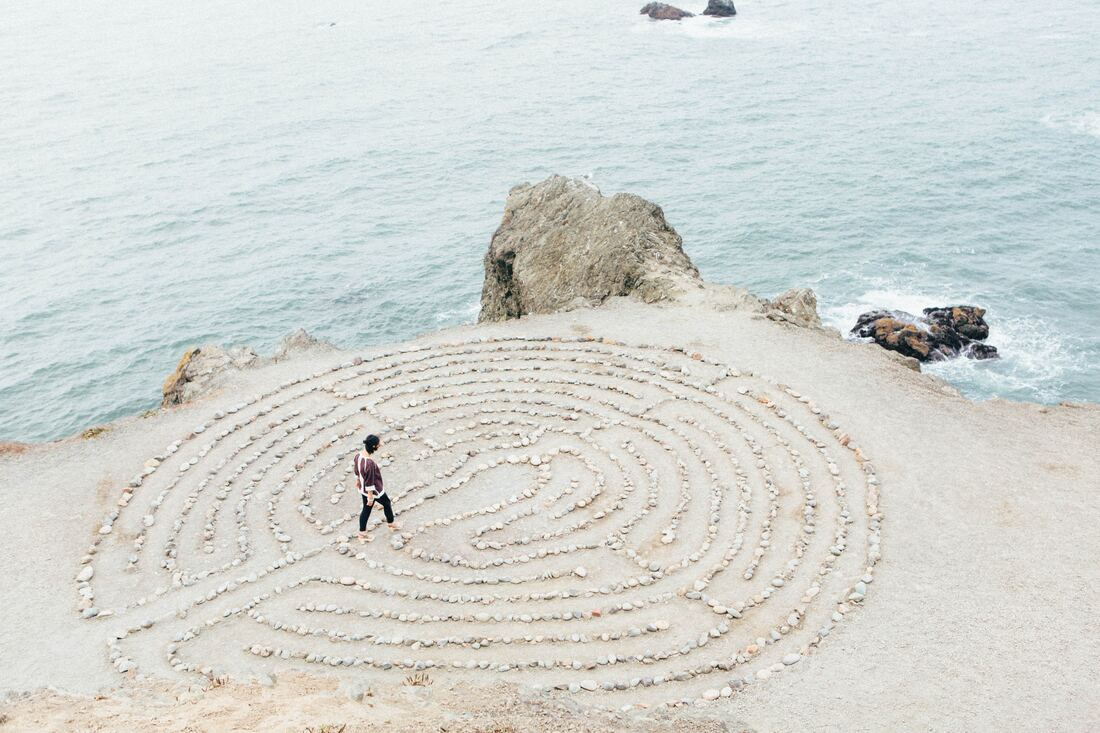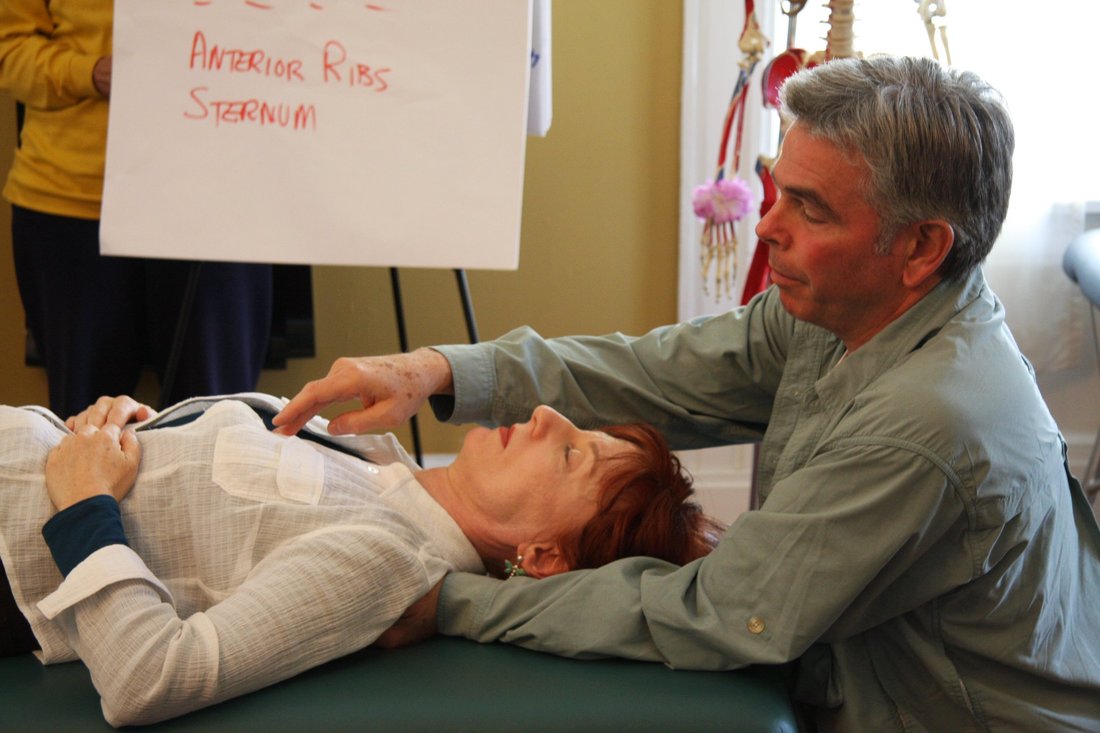|
This is the last in a series of guest blog posts about psychedelic integration. See here for an introduction to this project, here for the first case study and here for the second case study. It's hard to know where to start in summarising my experience of psychedelic-assisted therapy and Zero Balancing as, in James' words, 'the healing potential of psychedelics is so incredibly broad'. The reality of the healing experience, for me, was also incredibly broad. So much to consider! I was both honoured and excited to have James invite me as a volunteer to help him with his exploration into how Zero Balancing might benefit the integration of psychedelic, or any plant, entheogenic or psychotropic healing experience. It felt, to me, like together we were doing something for the greater good.
0 Comments
What follows is a guest blog post from the psychedelic integration volunteer mentioned in the previous blog post. As James said in his post, ingestion of psychedelics under supervision in a safe setting greatly increases the likelihood that the psychedelic experience is one of therapeutic benefit. I completely agree, however the safe setting that I chose could be regarded by many as highly unsafe. The middle of the Peruvian jungle, in an off grid camp, next to a tributary of the Amazon river, a day's canoe ride from any medical help. It's tough to find somewhere to do it in the UK. I'm an adventurer so it wasn't too much of an issue for me. I was highly motivated by the desire to rid myself of the heavy darkness I was carrying inside me, I didn't want it but I couldn't seem to free myself from it. I'd made progress through counseling, meditation, yoga, NVC (non violent communication), spiritual teachers on youtube and various other weird and wonderful retreats I'd attended. But something was still there and I couldn't get to it. They name this plant medicine "The Mother" in the Amazon, and they say it calls you. When I learned about Ayahuasca, it called me. Guest blog post by Jim McCormick (pictured), Zero Balancing Faculty. Part of my passion has been to let more people know of the possibilities of Zero Balancing as a personal growth and transformational tool. One term for this process is self-actualisation. Self-actualisation is a term originally introduced by Kurt Goldstein in the 1930s and 40s, and followed up later by many others, particularly in humanistic psychology by Abraham Maslow. In Goldstein’s view self-actualisation is the “tendency to actualise one’s self as fully as possible, and is the basic human drive.” Maslow said there are a hierarchy of needs in life and that self-actualisation represents the growth of an individual toward fulfilling the highest needs in that hierarchy: “creative self-growth, finding meaning in life and being.” His belief was that “finding your core-nature that is unique to you is one of the main goals of life.” |
�
Archives
February 2022
Categories
All
|
|
Zero Balancing in Edinburgh with James Salomons
Wednesdays 10am - 6pm Thursdays 10am - 9pm Fridays 10am - 6pm Saturdays 10am - 1pm EH1 Therapies 4b Randolph Place Edinburgh EH3 7TQ [email protected] 07938 411 517 |
|
© COPYRIGHT 2018-2023. ALL RIGHTS RESERVED.
|




 RSS Feed
RSS Feed